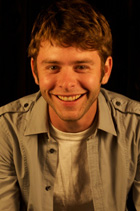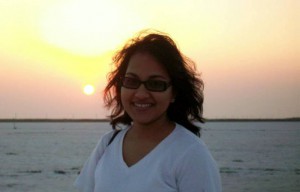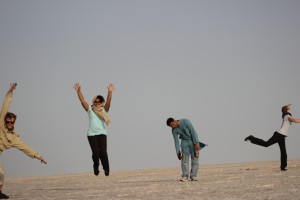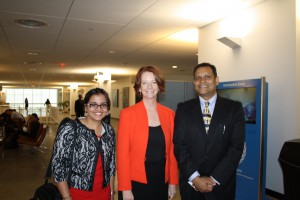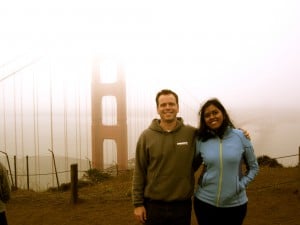In honor of Pride Month, we revisit 2012 Fulbright-mtvU alum Jeff Roy’s five month reflection on his grant to India exploring how members of the LGBTQIA community in India use music and dance to navigate tradition, modernity and globalization, in order to craft a contemporary, urban identity.
Now that we’re about half-way through, I thought we would rewind the past five months and also take a look at some plans for the future. It’s a pretty good time to do this, incidentally, since it’s holiday season in just about every part of the world. Last week, Hindus celebrated one of their most cherished festivals Holi. Like many Hindu religious festivals, “playing Holi” is less of a formal display of faith and more of a street party commemorated through a bombastic display of powdered colors, water, the use of mind-altering substances (which happen to be legal on religious holidays such as this), and dancing. Though not directly related to the LGBTQ movement, the use of paints and colored powders in street-side festivities provides an apt visual for what the festival symbolizes, namely the breaking-down of social norms and acceptability, the celebration of life in various dimensions, and the arrival of spring. I avoided most of the chaos on the streets for fear of my camera getting irreparably damaged.
With ‘Music in Liminal Spaces,’ my intention is to cover a diverse array of music and dance from individuals on both ends of the LGBTQ spectrum to see how, where, and in what forms queer voices manifest in Mumbai. Being one of the largest cities in the world, Mumbai has no shortage of talent. Because of this, I have managed to cover traditional and modern representations of gendered performance, from an Indian classical music mela (‘meeting’, or ‘concert’) held in the garden of a former Maharaja, to a rock concert inside a local club. For the past five months, I was able to produce a number of videos and deliver a successful presentation of these experiences at the Central and South Asia Fulbright Conference in February 2013. Ultimately, these events helped set the stage for the work I intend to pursue until the end of my stay in Mumbai.

